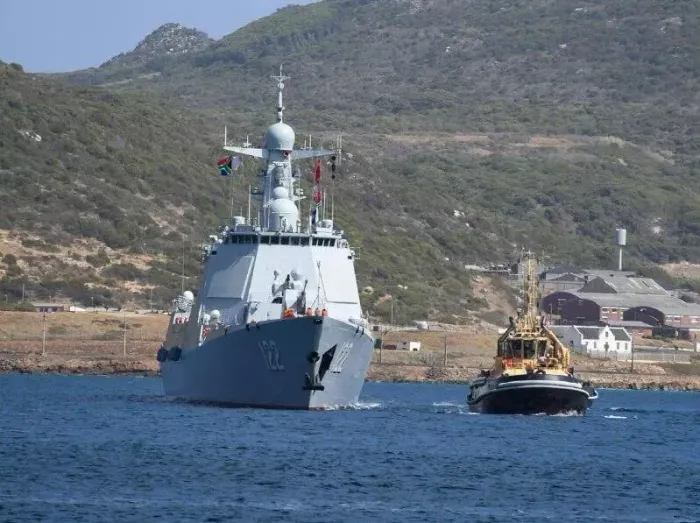As Saudi Arabia seeks to diversify its economy beyond oil, the country is making bold moves to establish itself as a global financial hub. The Kingdom’s Vision 2030 initiative, spearheaded by Crown Prince Mohammed bin Salman, aims to transform Saudi Arabia into a thriving investment powerhouse. In a significant step towards this vision, financial giants like BlackRock and Goldman Sachs are setting up Middle Eastern headquarters in the Kingdom. This begs the question: Can Saudi Arabia truly become the Wall Street of the desert?
The Kingdom’s aspirations are not without merit. Saudi Arabia sits on substantial financial reserves and boasts one of the largest sovereign wealth funds in the world, the Public Investment Fund (PIF). With assets exceeding $600 billion, the PIF is actively investing in diverse sectors globally, signalling the Kingdom’s commitment to reshaping its economic landscape.
Moreover, the strategic location of Saudi Arabia serves as a gateway between Europe, Asia, and Africa, positioning it as an ideal hub for financial services. Riyadh, the capital city, is undergoing a metamorphosis with the construction of the King Abdullah Financial District (KAFD), a sprawling development intended to be the epicentre of the Middle Eastern financial market. This ambitious project aims to attract banks, investment firms, and multinational corporations, fostering an environment conducive to financial growth and innovation.
However, the road to becoming a financial powerhouse is fraught with challenges. For Saudi Arabia to rival established financial centres like New York or London, it must address several critical issues. Transparency and regulatory reforms are paramount. International investors demand a level of regulatory clarity and judicial independence that guarantees the protection of their investments. While the Kingdom has made strides in improving its business environment, consistent and robust regulatory frameworks are essential to instil confidence among global investors.
Additionally, Saudi Arabia’s conservative societal norms and human rights record have drawn scrutiny from the international community. The detainment of activists, journalists, and dissidents raises concerns about the country’s commitment to social and political reforms. For multinational corporations and financial institutions, aligning with a nation often under fire for its human rights practices presents reputational risks. The Kingdom must navigate these complex issues carefully, balancing its ambitious economic goals with the need for meaningful social progress.
Another critical factor is the development of human capital. To become a financial hub, Saudi Arabia must invest in education and training to cultivate a skilled workforce capable of competing on a global stage. Initiatives to increase female participation in the workforce and enhance vocational training are steps in the right direction. However, the pace of these changes will significantly influence the Kingdom’s ability to attract and retain top talent in the financial sector.
The arrival of BlackRock and Goldman Sachs is a positive indicator of Saudi Arabia’s potential. These institutions bring not only capital but also expertise, credibility, and global networks. Their presence could catalyse the growth of a robust financial ecosystem, attracting more international players and fostering a competitive financial market. Furthermore, Saudi Arabia’s push towards digitization and fintech innovation could position it as a leader in the evolving landscape of financial services.
In conclusion, Saudi Arabia has the resources and strategic intent to become a significant financial hub. However, realising this vision requires a multifaceted approach addressing regulatory reforms, human rights concerns, and investment in human capital. The presence of financial titans like BlackRock and Goldman Sachs is a promising start, but the Kingdom must continue to demonstrate its commitment to transparency, inclusivity, and sustainable development. If Saudi Arabia can navigate these challenges, it stands a strong chance of becoming the Wall Street of the desert, transforming not only its own economy but also the financial landscape of the Middle East.




